Superior Industrial Fire Services, Inc.
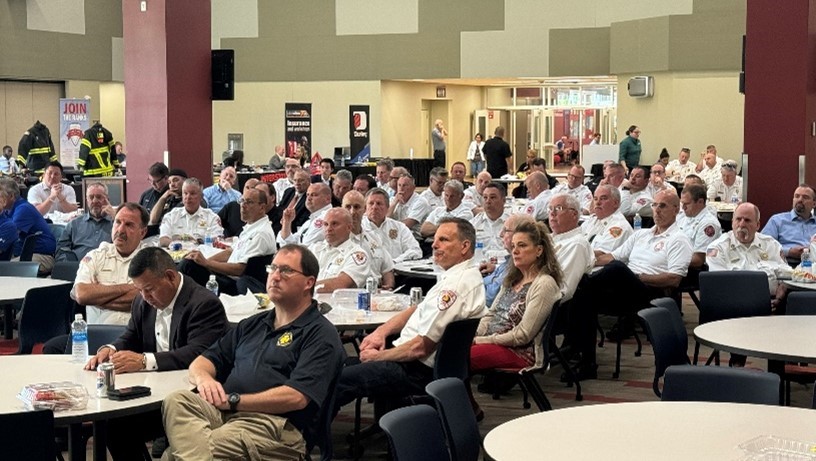
Becoming an industrial firefighter is a rewarding career path that requires specialized skills and training to ensure the safety of personnel and property in industrial settings. Industrial firefighters are essential in environments where the risk of fires, chemical spills, and other hazardous incidents is high. If you’re interested in pursuing a career in this vital field, here’s a comprehensive guide on how to become an industrial firefighter.
The role of an industrial firefighter goes beyond traditional firefighting duties. Industrial firefighters are responsible for responding to emergencies in industrial facilities such as chemical plants, oil refineries, manufacturing plants, and more. They must be prepared to handle fires involving hazardous materials, perform rescue operations, and manage complex incidents that require a deep understanding of industrial processes.
Key Points:
Specialized firefighting in industrial environments
Managing hazardous materials incidents
Rescue operations in complex settings
Deep understanding of industrial processes
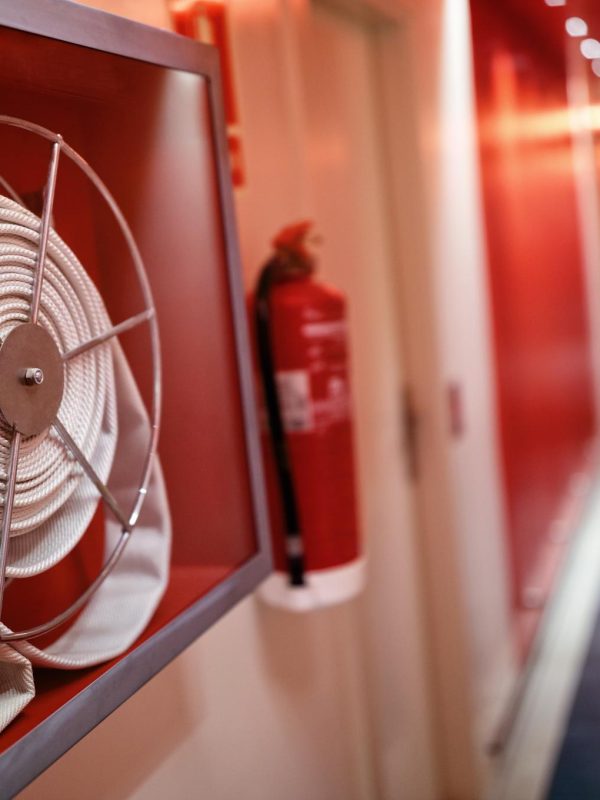
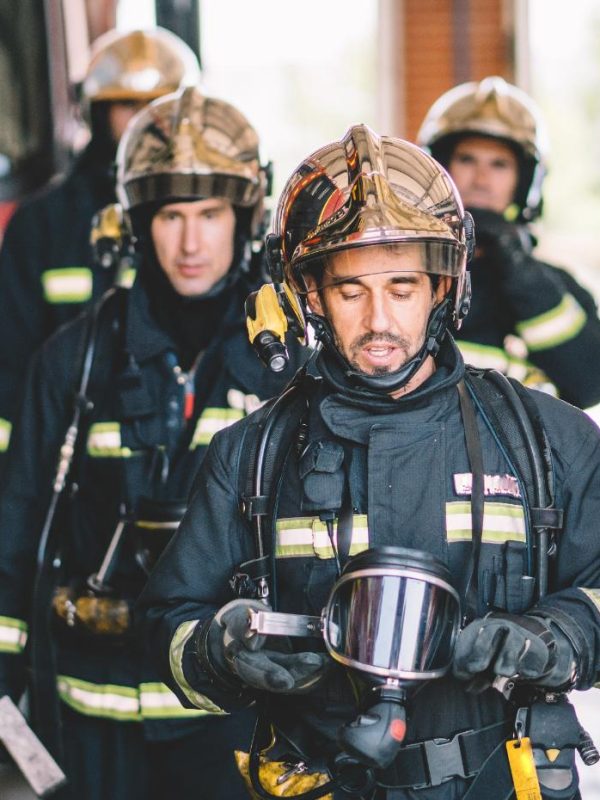
To become an industrial firefighter, you must first meet specific educational and training requirements. Most industrial firefighters start with a high school diploma or equivalent. However, many employers prefer candidates who have completed additional training or hold an associate degree in fire science or a related field.
After meeting the educational prerequisites, aspiring industrial firefighters must complete specialized training programs. These programs often include both classroom instruction and hands-on training in fire behavior, hazardous materials handling, emergency medical response, and industrial safety protocols.
Key Points:
High school diploma or equivalent as a minimum requirement
Preferred: Associate degree in fire science or related field
Specialized training in fire behavior, hazardous materials, and industrial safety
Hands-on training and practical experience
Certification is a critical step in becoming an industrial firefighter. Various certifications are available depending on the state or country where you plan to work. Common certifications include Firefighter I and II, Hazardous Materials Operations, and Emergency Medical Technician (EMT) certification. Additionally, industrial firefighters may need to obtain specific certifications related to the industry they work in, such as confined space rescue or high-angle rescue certifications.
Certification ensures that firefighters are equipped with the knowledge and skills necessary to handle the unique challenges of industrial firefighting. It also enhances employment opportunities and career advancement within the field.
Key Points:
Obtain Firefighter I and II certifications
Hazardous Materials Operations certification
EMT certification may be required
Industry-specific certifications (e.g., confined space rescue)
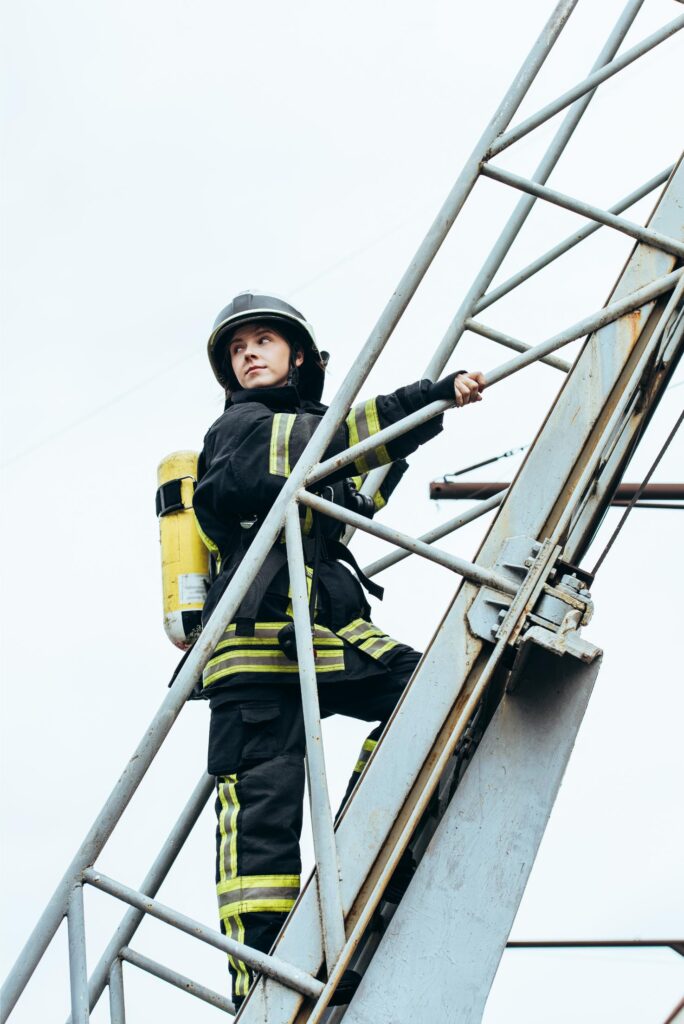
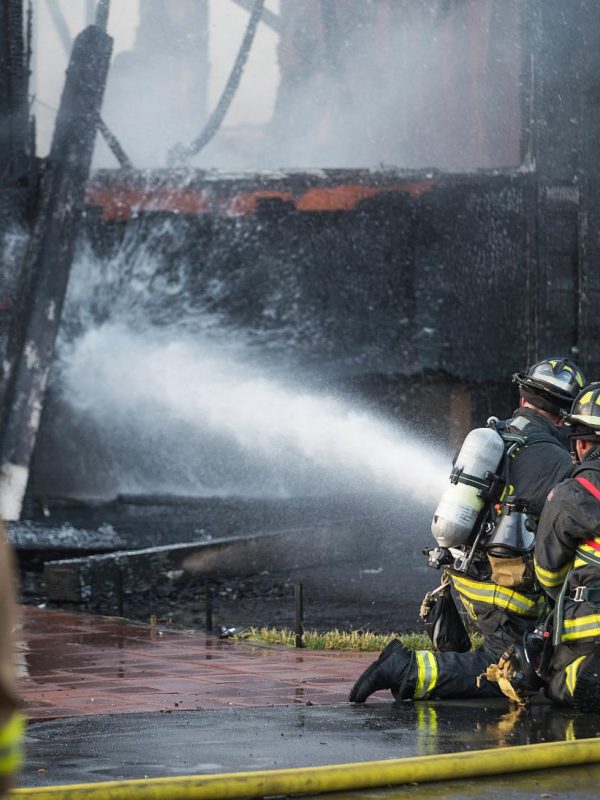
Experience is invaluable in the field of industrial firefighting. Many industrial firefighters begin their careers as volunteer firefighters or work in municipal fire departments to gain hands-on experience. This experience helps build the practical skills needed to succeed in industrial settings.
Additionally, some industrial facilities offer apprenticeship programs or entry-level positions that allow aspiring firefighters to work alongside experienced professionals. These opportunities provide on-the-job training and a chance to learn the intricacies of industrial firefighting.
Key Points:
Start as a volunteer firefighter or in a municipal fire department
Gain hands-on experience in firefighting and rescue operations
Consider apprenticeship programs or entry-level positions in industrial settings
On-the-job training with experienced professionals
Industrial firefighting is a dynamic field that requires continuous learning. As industrial processes and safety regulations evolve, firefighters must stay updated with the latest techniques and protocols. Many industrial firefighters pursue additional certifications or attend workshops, seminars, and conferences to enhance their skills.
Continuing education not only keeps firefighters at the forefront of industry developments but also opens doors for career advancement. Those who invest in professional development are often better positioned for leadership roles and specialized positions within their organizations.
Key Points:
Importance of ongoing education and skill development
Pursue additional certifications and specialized training
Attend workshops, seminars, and conferences
Stay updated with industry advancements and regulations
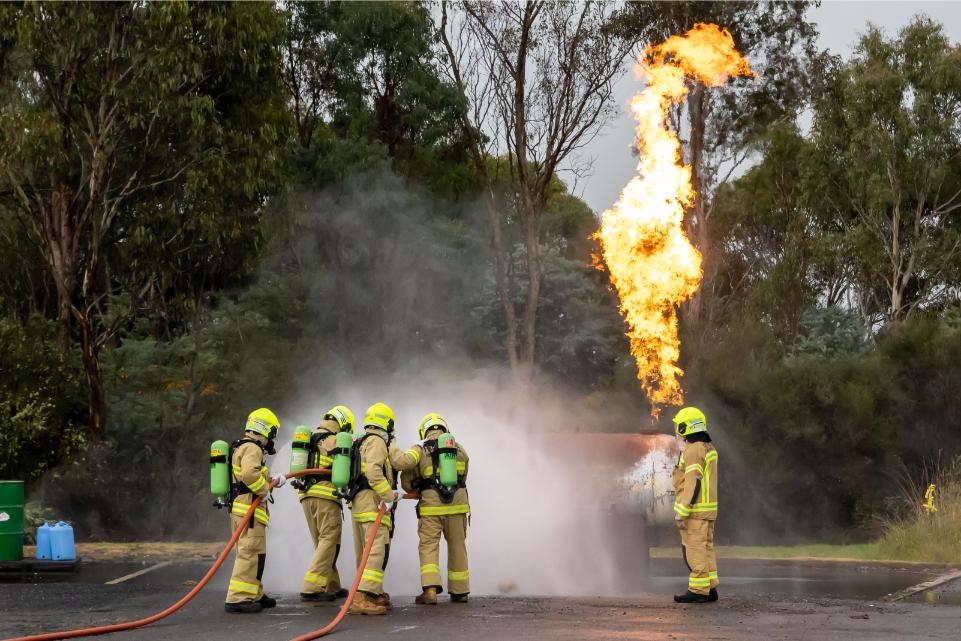
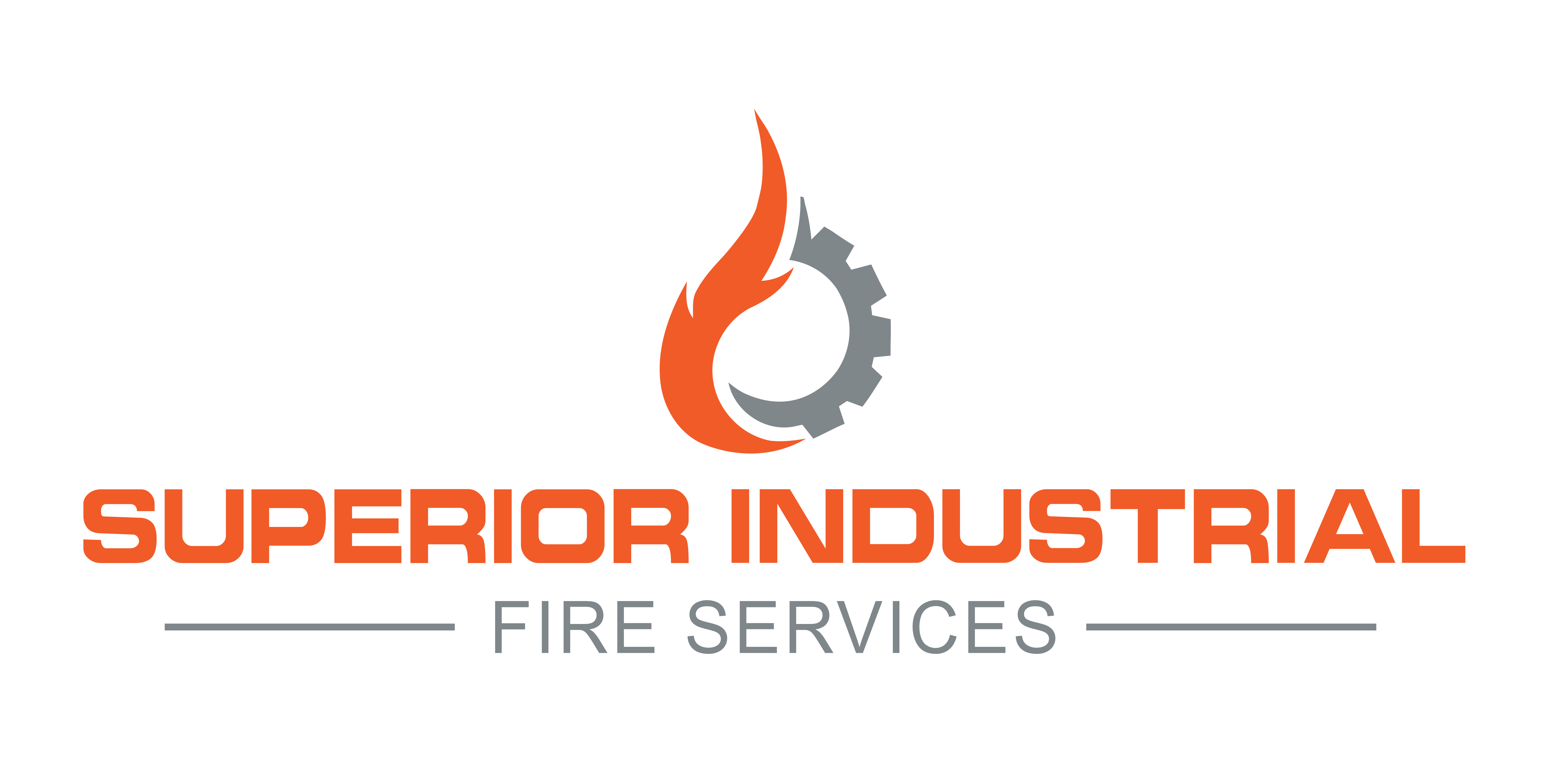
Choosing the right partner for your industrial firefighting needs is crucial to ensuring safety and compliance in your facility. Superior Industrial Fire Services offers unmatched expertise and experience in industrial firefighting. Our team of certified professionals is trained to handle the most challenging industrial emergencies, from hazardous materials incidents to complex rescue operations.
We prioritize safety, efficiency, and rapid response, ensuring that your facility is protected around the clock. With our commitment to continuous training and the latest firefighting technologies, Superior Industrial Fire Services is the trusted choice for industrial firefighting solutions.

